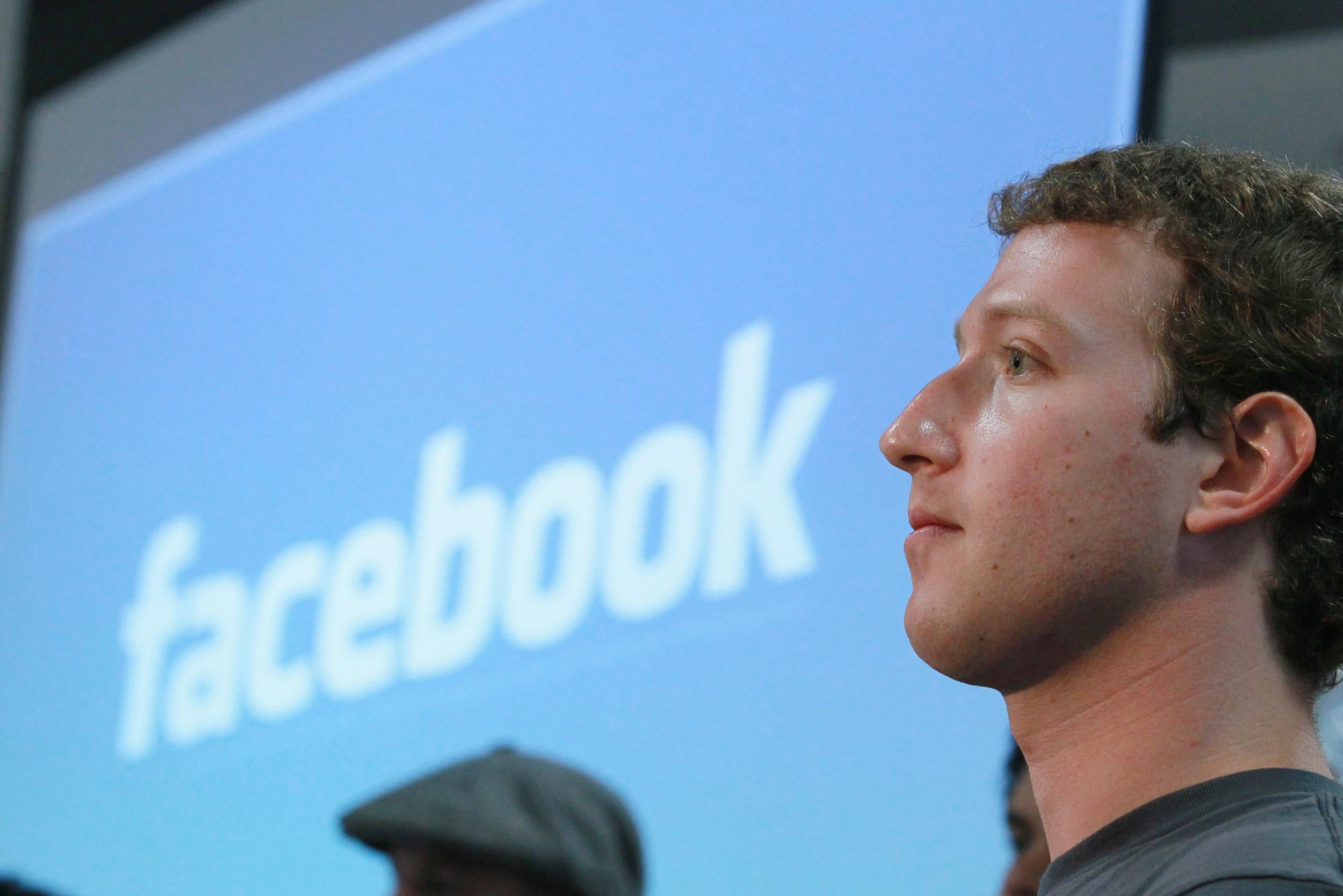When did Facebook start? The story behind a company that took over the world
The social media platform currently has more than two billion users worldwide

In 2004, a group of friends at college created an innovative new social media platform with the aim of connecting Harvard students through an online community.
14 years later, Facebook is one the most influential social networks in the world, boasting approximately 2.2 billion monthly users.
So how did a social network created in the confines of a Harvard dorm room go from being a student trend to an unprecedented, worldwide phenomenon?
It all began in 2003, when Facebook founder and CEO Mark Zuckerberg created an online programme called “Facemash”, which allowed users to objectify fellow students by comparing photos of their faces and selecting who they deemed as “hotter”.
While Zuckerberg faced punishment from the Harvard administration and narrowly escaped expulsion from the college altogether for his actions, “Facemash” provided the framework for what was to become Facebook.
Online “face books” already existed at Harvard at the time. These were online directories that featured photos of students alongside some information about them.
There wasn’t a single “face book” for the whole student body of Harvard university, which is why Zuckerberg came up with the idea to create one.
On February 4 2004, the first iteration of Facebook was born, then known as thefacebook.com and made available exclusively to Harvard students.
However, the truth about how Facebook came about isn’t altogether clear, due to the involvement of three Harvard seniors.
Six days after “TheFacebook” was made live by Zuckerberg and co-founders Eduardo Saverin, Andrew McCollum, Dustin Moskovitz and Chris Hughes, they faced accusations by Cameron and Tyler Winklevoss and Divya Narendra that the idea for the site had been stolen from them.
According to the Winklevoss twins and Narendra, they had approached Zuckerberg asking for his assistance in creating a social network for Harvard students called "HarvardConnection".
This claim was explored in the 2010 Oscar-winning film The Social Network, which depicted Zuckerberg meeting with the Winklevoss brothers and Narendra to discuss their idea before creating his own without their knowledge.
Following a lawsuit filed against Zuckerberg, eventually all three received a settlement in 2008 that included 1.2 million shares in the company each.
Facebook proved extremely popular with Harvard students when it was first launched, so much so that the site was soon also made available to students at Stanford, Yale and Columbia before expanding to numerous other colleges.

By September 26 2006, anyone in the world could make themselves a Facebook account, as long as they were at least 13 years old and had a valid email address.
One year prior, the social media platform had officially become “Facebook”, as opposed to “TheFacebook” as it’d formerly been known.
As the number of people becoming members of Facebook grew, so did the number of people working for the company.
In 2004, Napster co-founder Sean Parker was named president of Facebook. He’d come across the site while browsing the computer of a student at Stanford and had become acquainted with Zuckerberg and Saverin soon thereafter.
At this point, Facebook had moved its headquarters to Palo Alto in California.
Zuckerberg’s issues with co-founder and former close friend Saverin were also explored in The Social Network.
Having been chief financial officer and business manager for Facebook since its conception, Saverin was reportedly cut from Facebook by Zuckerberg in 2005 and had his shares in the company diluted.
This led to Saverin filing a lawsuit against Facebook, which was settled outside of court.
Lately, Facebook has become embroiled in controversy concerning the election of Donald Trump as president of the United States and Brexit.
It was recently revealed that personal data from 87 million Facebook accounts had been wrongfully shared with Cambridge Analytica, a political consulting firm.
This allowed Cambridge Analytica to target Facebook users with political advertisements during the 2016 US presidential elections and the UK referendum, which in turn could have swayed their stance on either topic.
So what does the future hold for Facebook?
In July, it was reported that the company had lost more than $100bn (£78bn) in value, with its share price dropping by nearly 20 per cent.
While Facebook has acquired various other companies such as Instagram to maintain their users’ interest, the question of whether its popularity will rise yet again remains uncertain.
Join our commenting forum
Join thought-provoking conversations, follow other Independent readers and see their replies
Comments
Bookmark popover
Removed from bookmarks